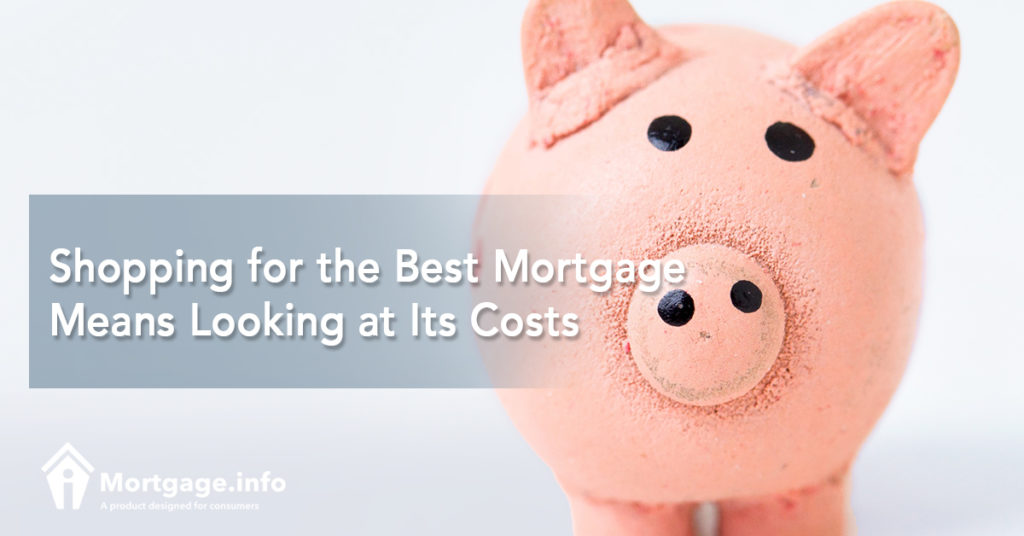This month we are celebrating the National Homeownership Month. In the endeavor of buying a home, everyone is encouraged to shop and compare mortgages. This puts things in perspective, the costs involved in borrowing money for your home being at the forefront. Indeed, rates don’t solely make a mortgage; there are a handful of financial items you should consider.
Mortgages by the Numbers
Shopping for a home loan gives you time to look around so you can scoop out a deal worth your money and would be easy to pay back later on. It’s a great opportunity to gather necessary and relevant information about mortgage costs, as follows.
Rate and APR
Rates on mortgages are bound to change within the day, tomorrow and the week ahead. In shopping for rates, you can ask the lender to quote the lowest for the day or the week. This is not your final rate however because the rate you will be getting is based on your credit and other credentials, plus market forces.
Also ask the lender which type of the loan is the low rate quoted for. Your rate type will affect your mortgage costs in the long run. There’s the fixed-rate mortgage that calls for stability and easy-to-figure-in-the-budget payments but expect to incur higher interest costs. The adjustable-rate mortgage, on the other hand, has a really low starting rate but the risks of your payments going up when the rate resets can be costly.
You can ask the lender for the loan’s APR to know the interest rate plus the points and fees related to the mortgage. Because the annual percentage rate is expressed as the rate and costs of borrowing money on a yearly basis, it gives a wider picture of how much it takes to take on a certain home loan.
Fees and Points
For starters, a mortgage involves a host of fees. There’s the origination fee as payment to the lender for making your home loan. Another is broker fees if you have asked the help of a mortgage broker in finding a lender. You also need to settle a host of fees to close on your purchase loan, also known as the closing costs.
Aside from the usual ones, lenders have their own fees they can charge you with. In your mortgage shopping rounds, inquire about such fees.
A subset of mortgage-related fees, albeit a class of their own, are points. They can be (1) discount points — what you’ll pay to lower or buy down your rate and (ii) origination points — what you’ll pay toward the cost of originating your loan. You can ask the lender to give you the dollar equivalent of a point so you can think of it in more concrete terms.
Down Payment and Mortgage Insurance
Your down payment is that portion of the purchase price that comes from your pockets, although it may be given as gifts. Its size will mean the existence or the lack of a mortgage insurance.
The minimum down payment to get rid of the private mortgage insurance on conventional loans is 20%. Lenders can allow lower down payments but expect to pay for a PMI which serves to protect them against defaults.
Government-backed loans like FHA loans have down payments as low as 3.5% but require upfront and annual mortgage insurance premiums. Zero-down mortgages from the VA do not have mortgage insurance.
You can ask the lenders about their down payment requirements and any home buying assistance programs they offer or can refer you to.

